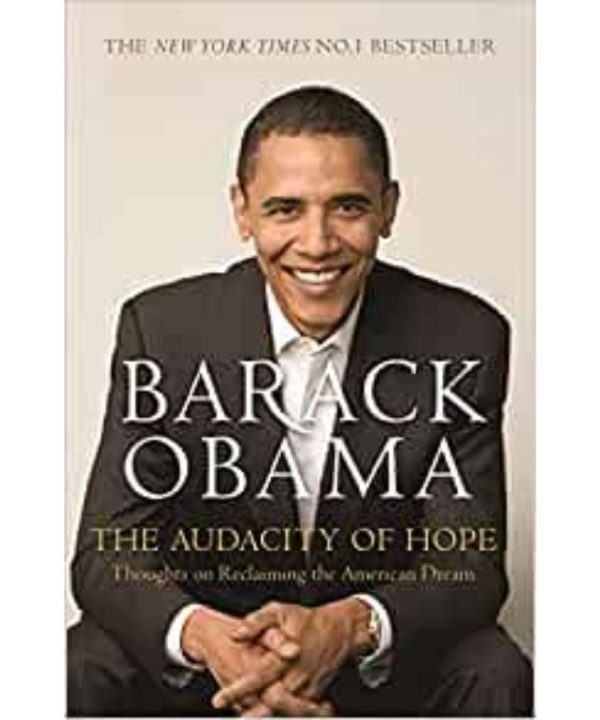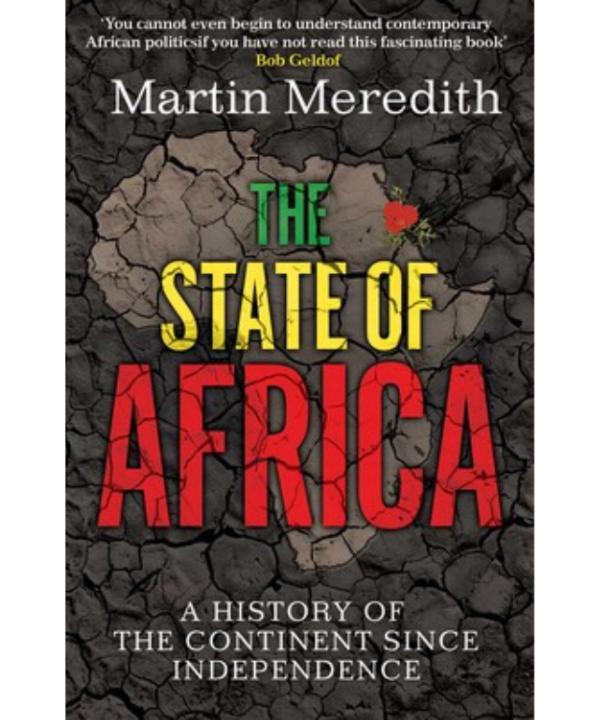-
×
 The Success Principles
1 × ₦17,500.00
The Success Principles
1 × ₦17,500.00 -
×
 We Should All Be Feminist
1 × ₦2,250.00
We Should All Be Feminist
1 × ₦2,250.00 -
×
 Outsider Inside
1 × ₦5,000.00
Outsider Inside
1 × ₦5,000.00 -
×
 Purpose in Crisis
1 × ₦5,000.00
Purpose in Crisis
1 × ₦5,000.00 -
×
 African Entrepreneurs and their Success Stories
1 × ₦1,500.00
African Entrepreneurs and their Success Stories
1 × ₦1,500.00 -
×
 Hope in a Ballet Shoe
1 × ₦5,000.00
Hope in a Ballet Shoe
1 × ₦5,000.00 -
×
 Option B: Facing Adversity, Building Resilience, and Finding Joy
1 × ₦17,500.00
Option B: Facing Adversity, Building Resilience, and Finding Joy
1 × ₦17,500.00 -
×
 We Were Eight Years in Power
1 × ₦5,000.00
We Were Eight Years in Power
1 × ₦5,000.00 -
×
 The Audacity of Hope: Thoughts on Reclaiming the American Dream
1 × ₦18,000.00
The Audacity of Hope: Thoughts on Reclaiming the American Dream
1 × ₦18,000.00 -
×
 She Called Me Woman: Nigeria’s Queer Women Speak
1 × ₦9,000.00
She Called Me Woman: Nigeria’s Queer Women Speak
1 × ₦9,000.00 -
×
 The Islamic State in Africa: The Emergence, Evolution, and Future of the Next Jihadist Battlefront by Jason Warner (Author), Ryan Cummings (Author), Héni Nsaibia (Author), Ryan O'Farrell (Author)
1 × ₦14,000.00
The Islamic State in Africa: The Emergence, Evolution, and Future of the Next Jihadist Battlefront by Jason Warner (Author), Ryan Cummings (Author), Héni Nsaibia (Author), Ryan O'Farrell (Author)
1 × ₦14,000.00 -
×
 Lean In: Women, Work, and the Will to Lead
1 × ₦10,000.00
Lean In: Women, Work, and the Will to Lead
1 × ₦10,000.00 -
×
 Getting Mentorship Right
1 × ₦5,000.00
Getting Mentorship Right
1 × ₦5,000.00 -
×
 Nudge: Improving Decisions About Health, Wealth, and Happiness
1 × ₦16,500.00
Nudge: Improving Decisions About Health, Wealth, and Happiness
1 × ₦16,500.00 -
×
 Hubris: A Brief Political History of the Nigerian Army
1 × ₦6,000.00
Hubris: A Brief Political History of the Nigerian Army
1 × ₦6,000.00
You may be interested in…












Reviews
There are no reviews yet.